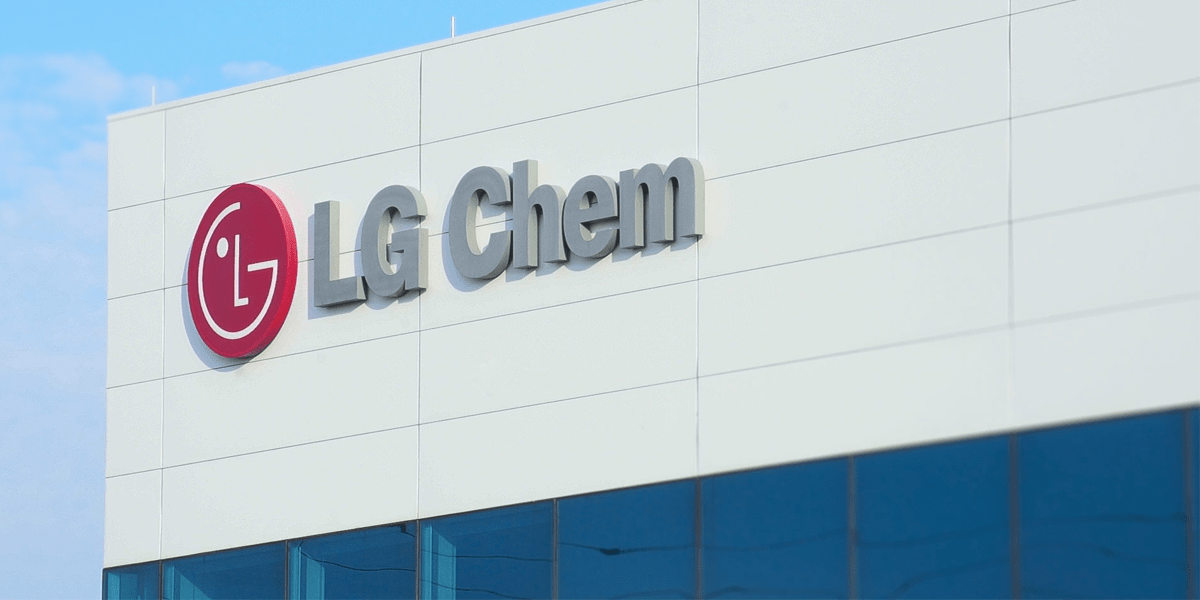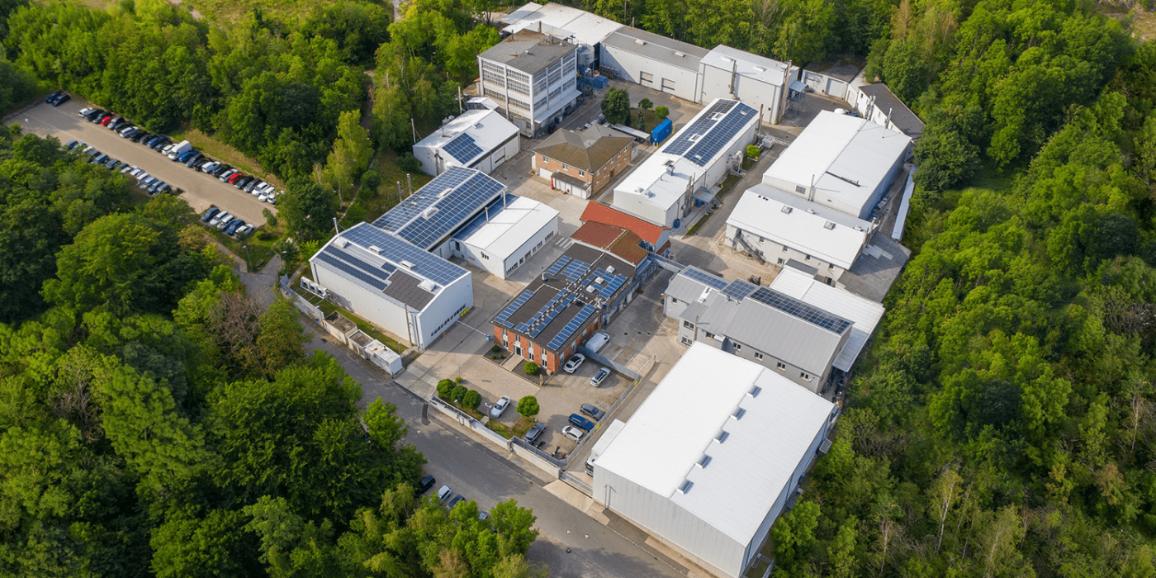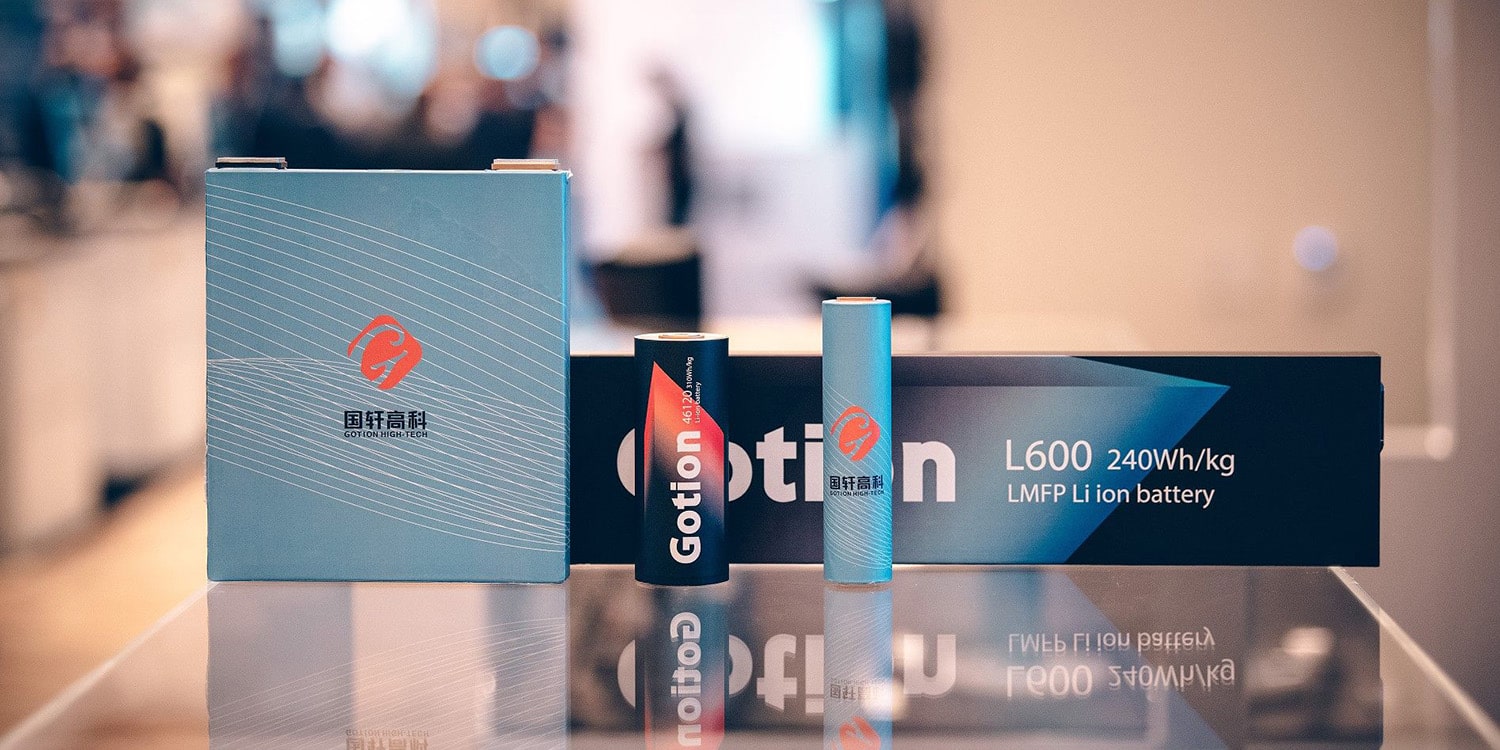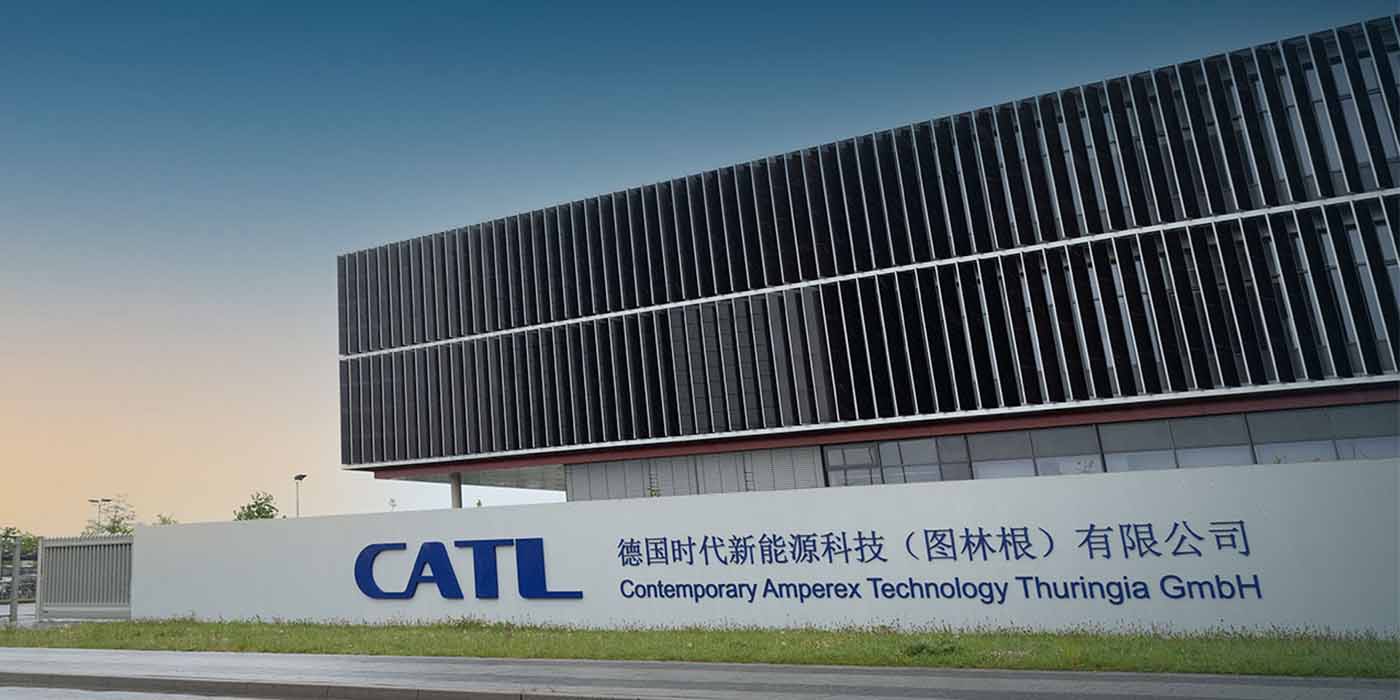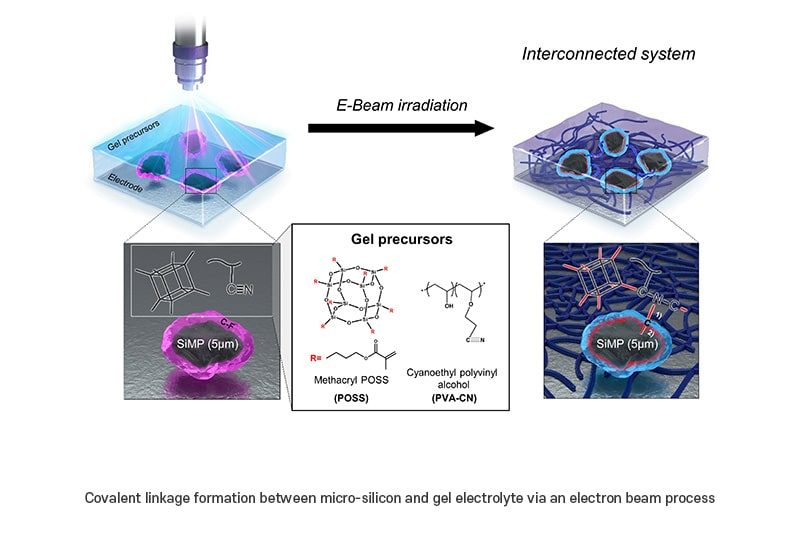LG Chem, the South Korean chemicals giant, unveils plans for a significant expansion in its battery cathode production capabilities with the construction of a $3 billion factory in Tennessee. The announcement comes alongside a multi-billion dollar contract agreement with General Motors (GM), signaling a strategic move to bolster its presence in the electric vehicle (EV) market.
The long-term supply contract between LG Chem and GM, valued at $19 billion, will see the former providing cathode materials to power approximately 5 million EVs for the latter. The supply agreement, set to commence in 2026, aligns with the expected operational timeline of LG Chem’s Tennessee factory.
See also: LG Chem Signs $19 Billion Deal with General Motors for EV Battery Materials
Scheduled to begin construction in the first quarter of 2023, the Tennessee facility aims to be the largest of its kind in the United States, covering 420 acres of land. Initially projected to produce 120,000 tons of cathode material annually by 2027, the factory’s output capacity has been revised to cater to approximately 600,000 high-performance pure electric vehicles annually.
The decision to establish the plant in Clarksville, Tennessee, was influenced by various factors, including proximity to key customers, logistical advantages for transporting raw materials, and supportive measures from state and local governments. Furthermore, the passage of the Biden administration’s Inflation Reduction Act (IRA) is cited as a contributing factor, facilitating the creation of 850 jobs at the facility.
See also: LG Chem and Huayou Group Announce Ambitious Partnership in LFP Cathode Materials Business
LG Chem’s Tennessee site is positioned to serve as a pivotal hub in its global supply chain, fostering collaboration among material and recycling partners to meet the demands of customers such as Tesla and GM. The factory will specialize in producing advanced NCMA (nickel, cobalt, manganese, aluminum) cathode materials, essential for enhancing battery capacity and stability in next-generation EV batteries.
Emphasizing technological advancements, LG Chem plans to incorporate its state-of-the-art production technology and smart factory systems to automate production processes and ensure quality control. Notably, the facility will operate entirely on solar and hydroelectric power, aligning with LG Chem’s commitment to sustainable manufacturing practices.
The expansion in battery materials production underscores LG Chem’s ambitious growth strategy, aiming to quadruple its battery materials business by 2027. With the Tennessee factory poised to play a pivotal role in this trajectory, LG Chem demonstrates its commitment to meeting the evolving needs of the burgeoning EV market.

